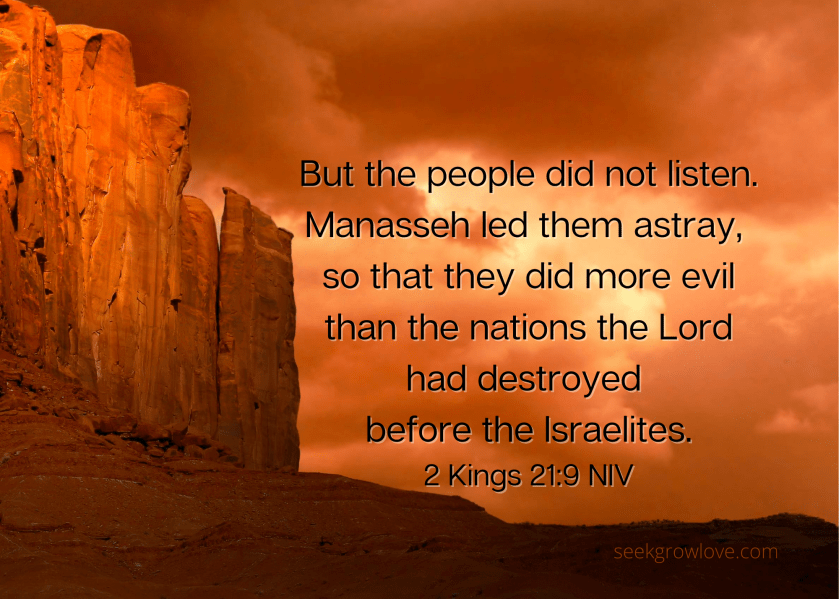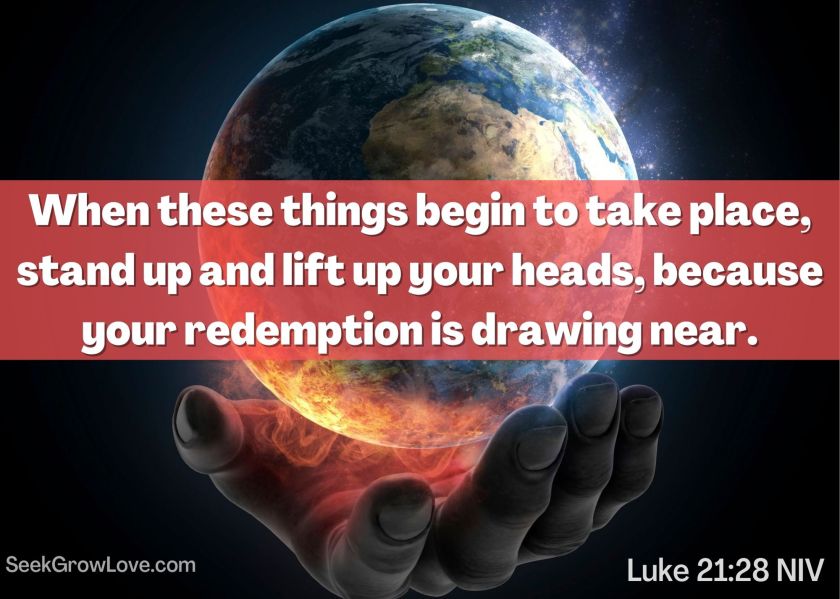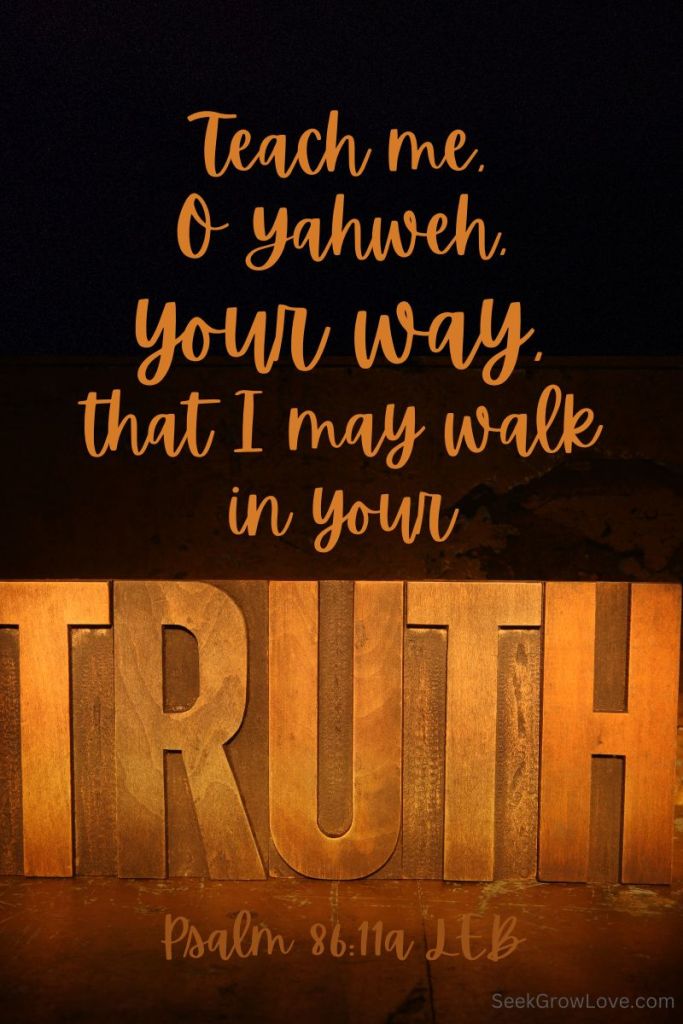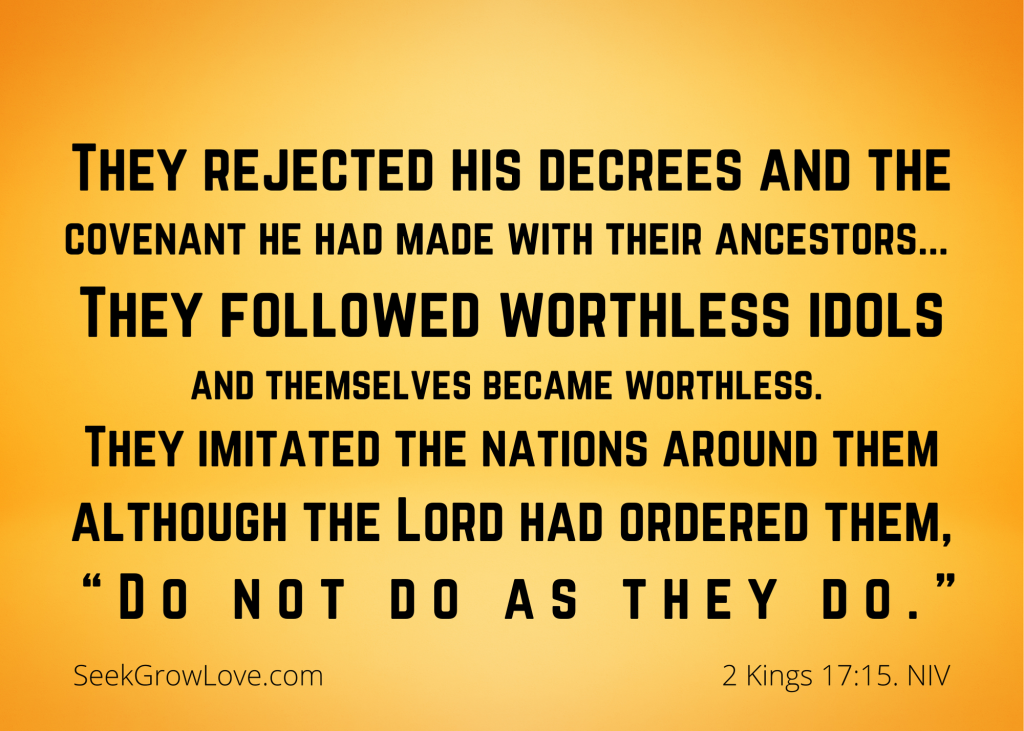in Seasons of Strength.

2 Chronicles 32-33
In 2 Chronicles 32, we see King Hezekiah face overwhelming odds as the mighty Assyrian army threatens Jerusalem. In this moment of crisis, Hezekiah listened to the prophet Isaiah and turned to God with courage and prayer. God answered powerfully, as he sent an angel to destroy the Assyrian soldiers, delivering Judah from their enemies. It’s a powerful picture of faith under pressure – God was glorified through Hezekiah’s faith and hence, Jerusalem was protected.
Unfortunately, once the threat had passed and success was secured, Hezekiah faltered. In his pride, he failed to give thanks for God’s blessings, and judgment nearly comes upon him, until he humbles himself once again. His story reminds us that remaining faithful isn’t just for hard times – it’s a daily posture, even in seasons of comfort and strength.
In chapter 33, we meet his son, Manasseh – a king who begins with blatant rebellion and leads his nation into idolatry and evil. Yet, even Manasseh, after being taken captive, humbles himself before God. Astonishingly, God restores him!
The rise and fall of these two kings show us both the blessings of obedience, the consequences of our disobedience, and the gracious mercy that awaits repentant hearts. Remaining faithful to God isn’t a one-time decision, rather it is a lifelong journey! Hezekiah’s pride and Manasseh’s rebellion serve as warnings and encouragements. God is patient, but He desires our hearts fully, in every season – whether we are in a season of strength or a season of struggle. God calls us to faithfulness at all times, as displayed by our humility, obedience, repentance, and trust in Him.
Prayer:
Lord, help me to remain faithful to You, not only in times of need but also in times of blessing. Protect me from evil, that my heart would be humble and obedient. Please have mercy on me and draw me back to You quickly when I stray. In Jesus’ name, Amen.
Reflection Questions:
• How does God’s willingness to forgive even the worst rebellion shape the way I treat others who fail? Do I extend the same mercy that I hope to receive?
• Am I more likely to seek God in crisis than in comfort? How can I cultivate a heart that remains humble and repentant even when life seems to be going great?
• In what ways can I live for God today, as a response to God’s radical love and forgiveness in my life?
• What does true repentance look like – not just in words, but in action?
-Beth Osborn









